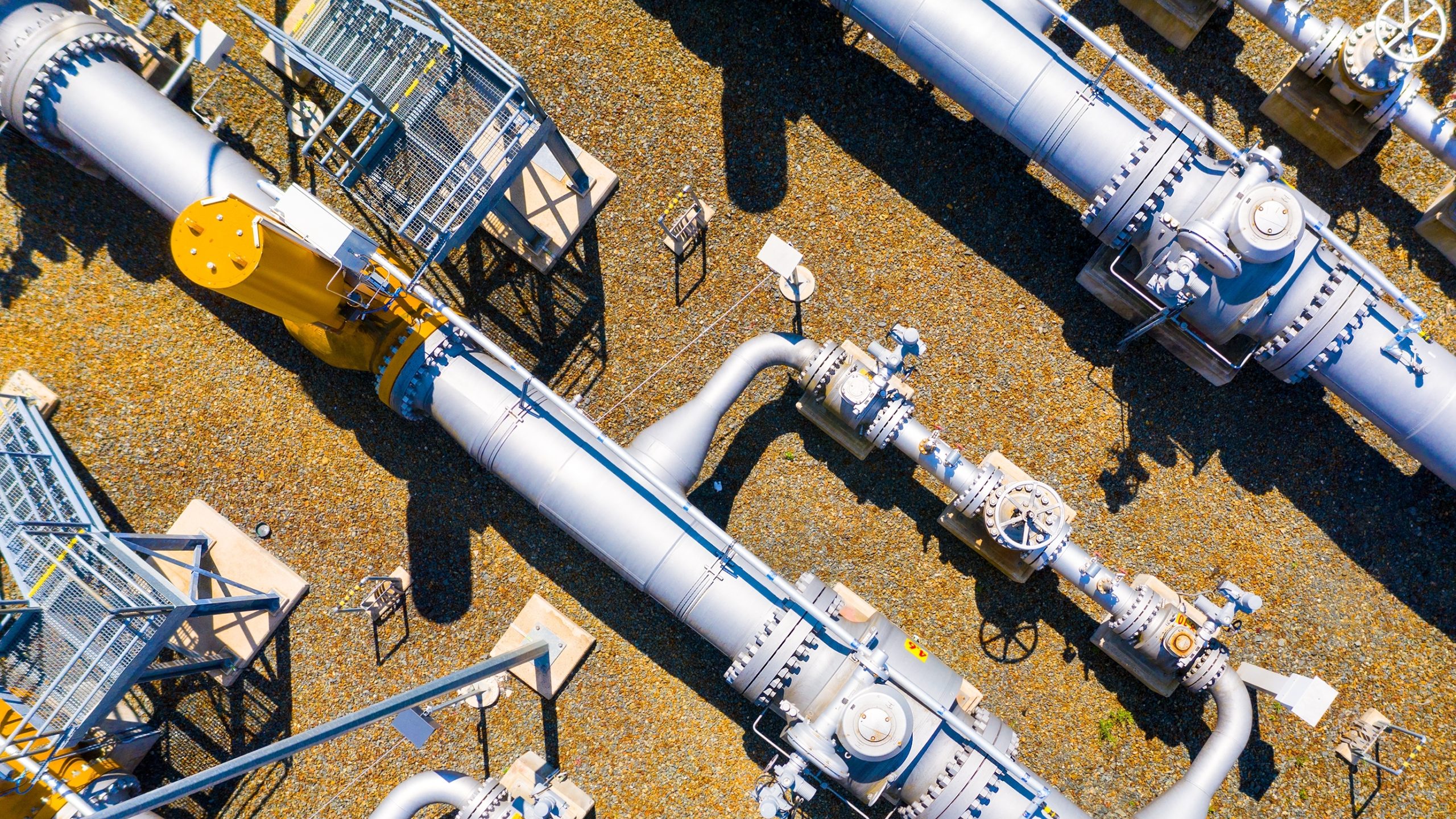Gerashchenko ryssälän koronnostosta ja talousvaikutuksista
Yesterday's decision by the Bank of Russia to raise the key interest rate by 2% at once (up to 15%) becomes not an economic but a political action.
The consequences of the rate increase could be crushing for the Russian economy.
Before it was increased, Russian banks have almost completely stopped givinf out credits, including to the authorities. Further credit market compression due to tightening conditions will not only reduce the volume of credits but will actually create barrier conditions for all companies and individuals who do not qualify for preferential products. For companies, this will sharply reduce their opportunities to expand activities and stop investment programs in certain sectors.
It seems that by raising the interest rate the Central Bank is playing a certain ambiguous political game. Its result, in addition to unobvious internal political benefits for the Bank of Russia's management, will be negative consequences for the economy of the whole country and its citizens.
The money will be directed to solve the "main task": to the defense industry, which does not produce consumer goods and does not export its products.
Accordingly, money is withdrawn from everywhere and thrown into this "black hole", which additionally depresses production.
At the same time, salaries of the military are raised significantly, plus there are considerable payments for the wounded and dead (earlier there were reports of 1 million wounded and 300,000 killed). And this is also the money that does not produce anything, it is not tied to the production of any products.
The result is that all consumer industries are facing shortages of products, and prices are rising. Chicken meat and chicken eggs " skyrocketed" in price significantly above the official inflation rate. And there is more money in the hands of the population due to these helicopter payments.
Obviously, there are imbalances, deficits, and unsecured money demand everywhere in Russia. All this destroys the economy.
Increasing the rate is an attempt to smother the negative processes. But it raises a legitimate question: and then what? The initial problems remain, and the Central Bank cannot influence them at all.

 www.hs.fi
www.hs.fi











